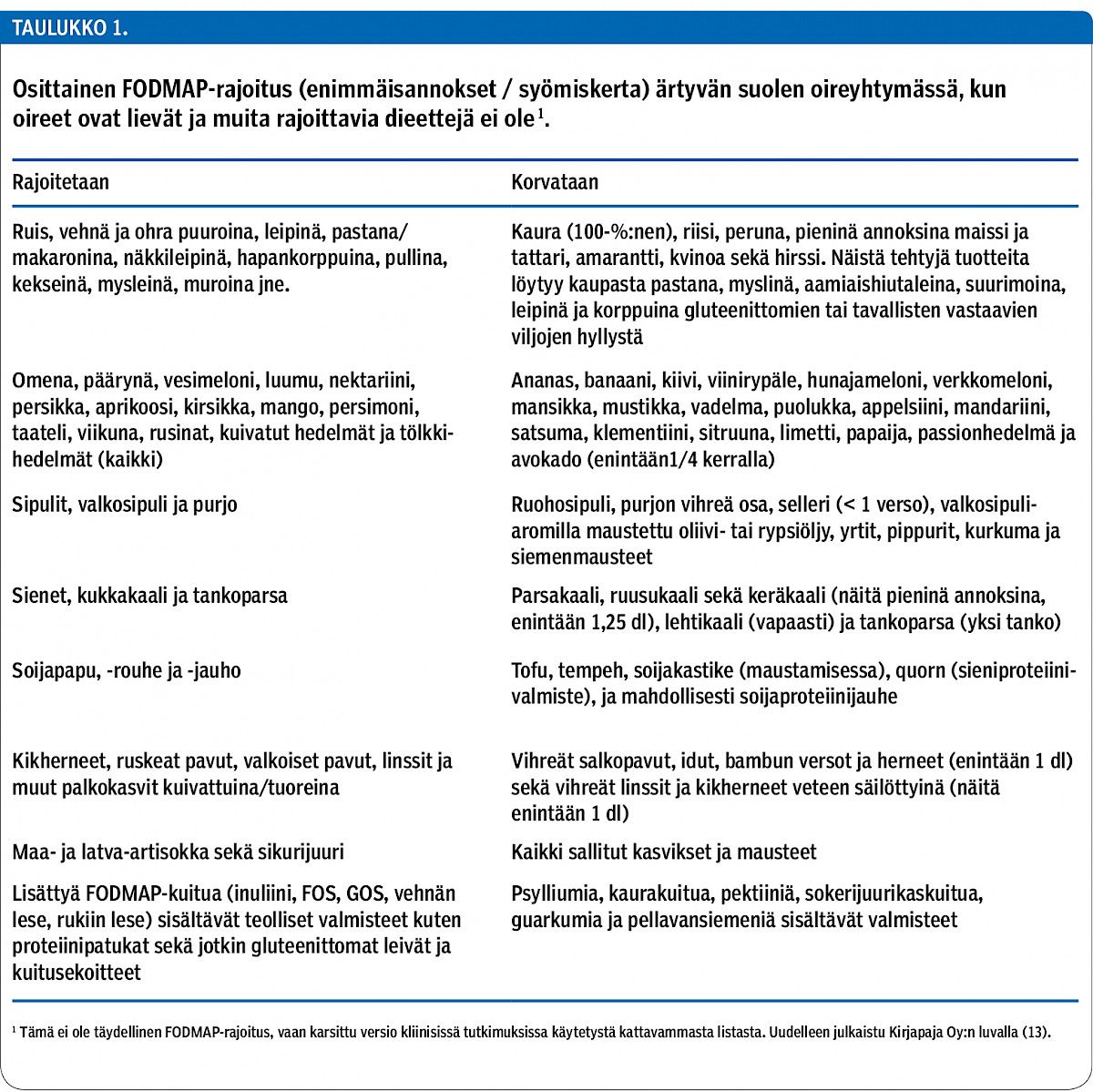Functional gastrointestinal disorders − can dieticians help?

Patients with irritable bowel syndrome (IBS) consider food a trigger of their symptoms. A valid question is to what extent a dietician can be of help in the treatment of functional gastrointestinal disorders.
Dietary management of IBS has changed during recent years. The impetus for the change has been the development of the FODMAP approach and the subsequent randomised studies performed applying the concept. Several short-term randomised and long-term observational trials have shown that reduction of FODMAPs both reduces symptoms and increases quality of life in IBS patients. Dieticians were the responsible health care professionals giving diet counselling in these trials.
A low-FODMAP diet is not an easy diet. Dietary restriction can cause imbalance in nutrient intake, improper weight loss, anxiety, higher cost of food and social disruption. Counselling for a low-FODMAP diet is a demanding task; it takes time, requires tailoring and exact knowledge of which food items can be eaten liberally, which in small amounts and which should be heavily restricted. A holistic approach to an overall healthy dietary pattern should also be kept in mind. After some months on a low-FODMAP diet, an effort should be made to gradually re-introduce FODMAPs. A FODMAP-trained dietician is in the best position to perform these tasks and secure the success of counselling at clinics.
Non-celiac gluten sensitivity (GS) is likely related to IBS, even if some researchers still consider it a separate clinical entity. Randomised studies on GS have varied methodologically and therefore it is difficult to draw definitive conclusions from them. No direct randomized study vs a low-FODMAP diet exists as far as we know. Nevertheless, it is likely that some GS/IBS patients benefit from a gluten-free diet because both gluten and FODMAP content is usually reduced when the amount of wheat, rye and barley is reduced.
In some patients milk proteins can cause GI symptoms in addition to the lactose in milk. However, randomised adequately powered studies on the effect of dairy reduction are lacking in IBS. Withdrawal of dairy products can have a deleterious effect on the intake of micronutrients and protein.
Taking together the recent study outcomes and practical considerations, a dietician has a pivotal role in a multidisciplinary health-care team when treating functional gastrointestinal disorders.














